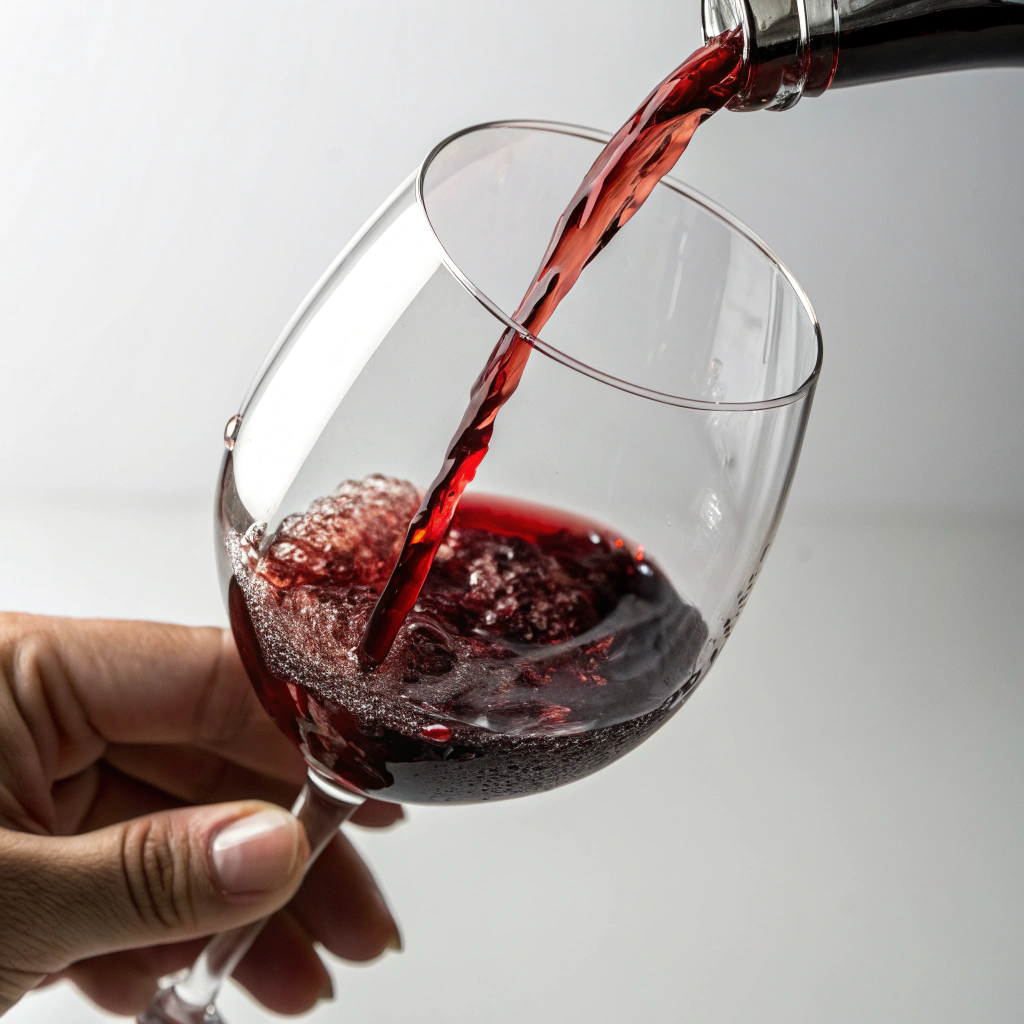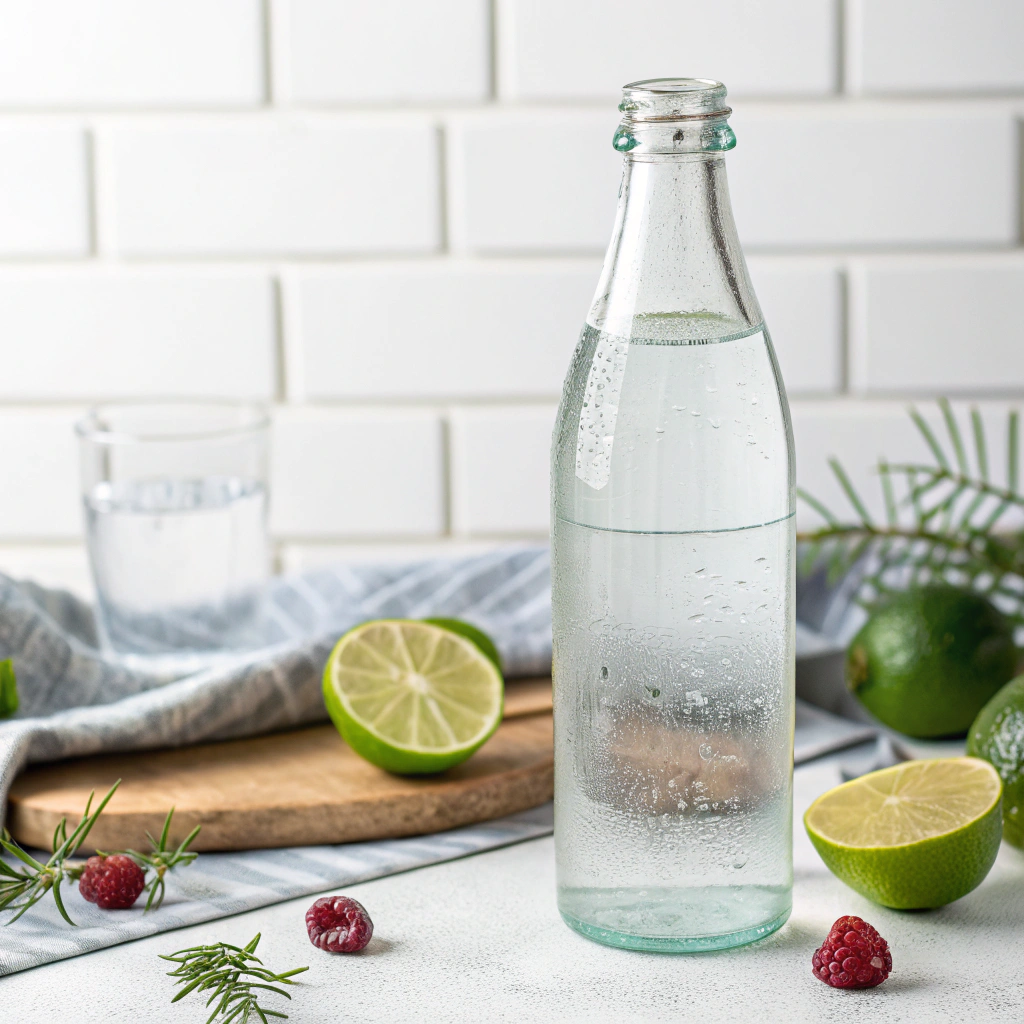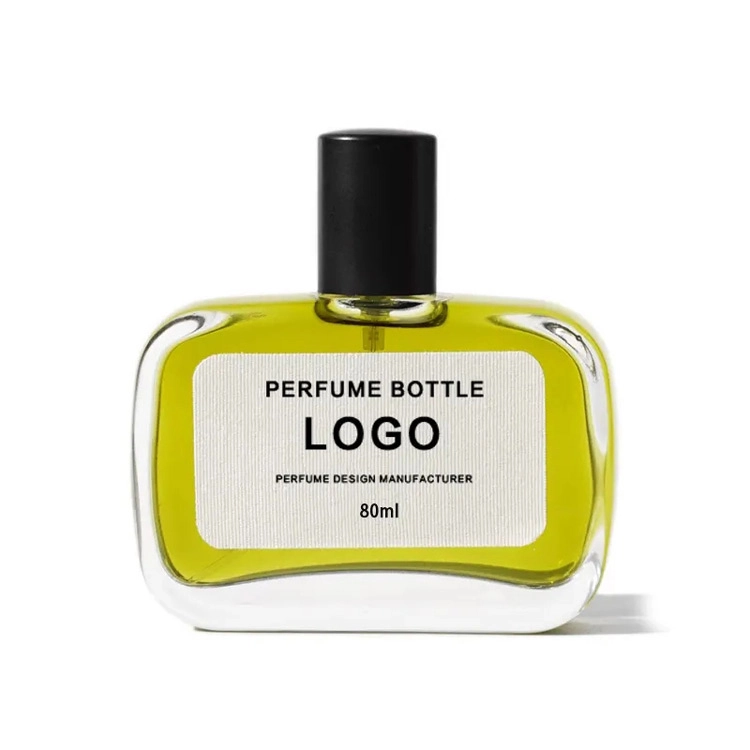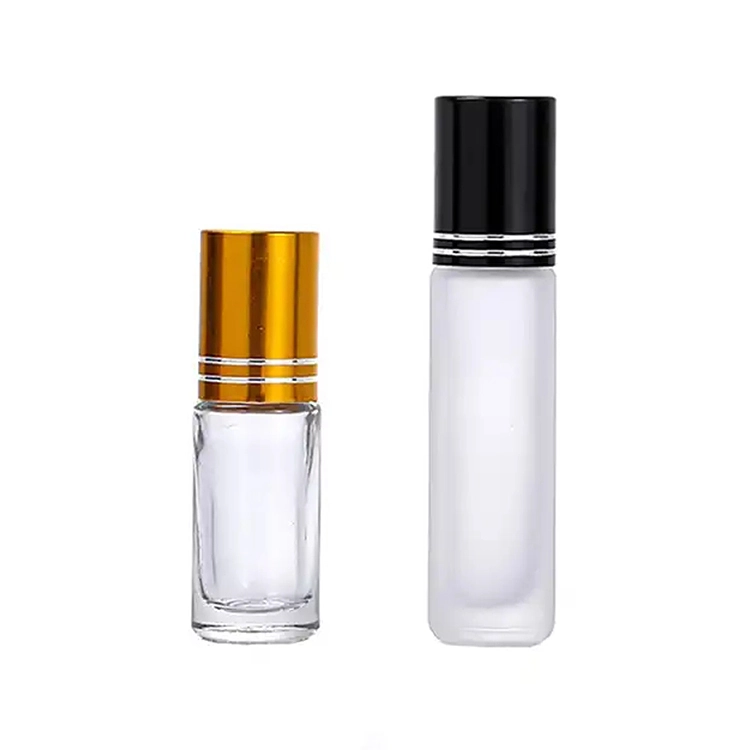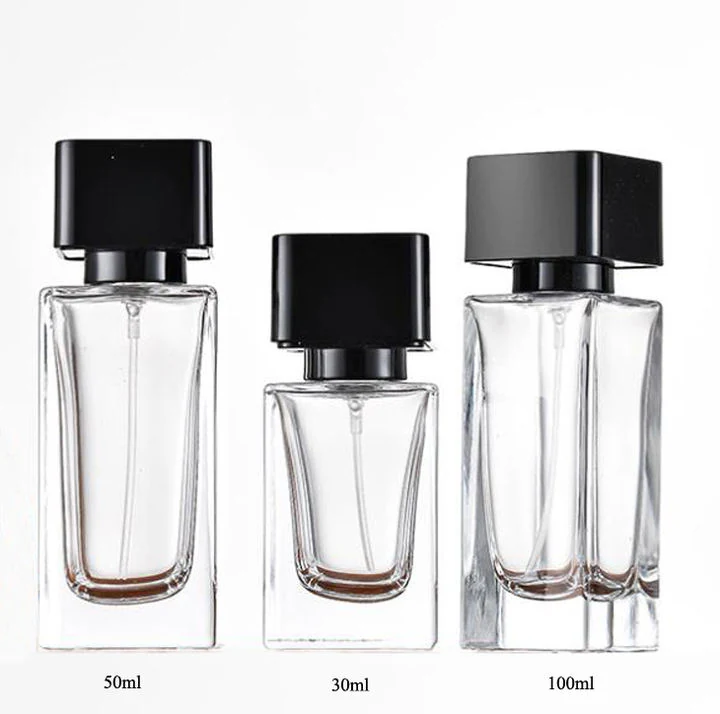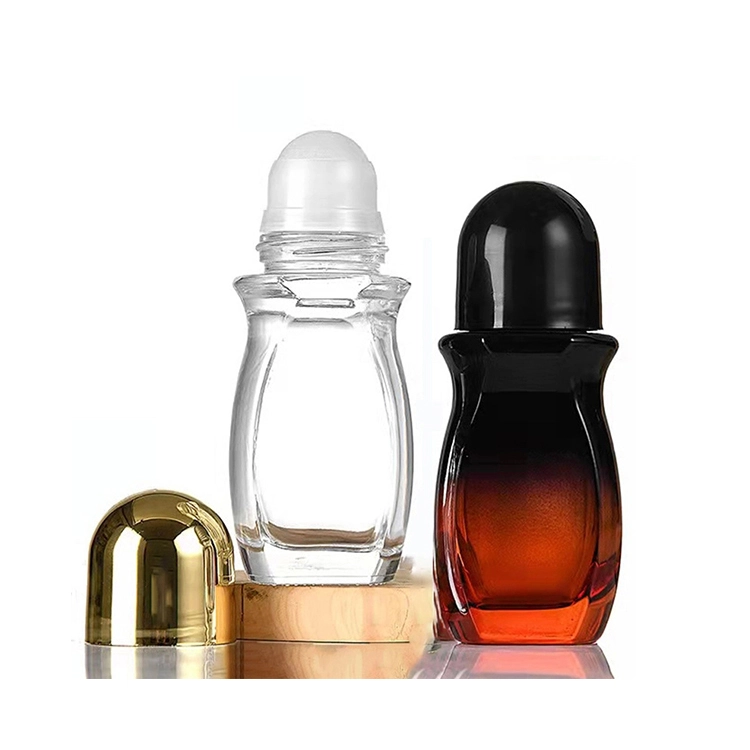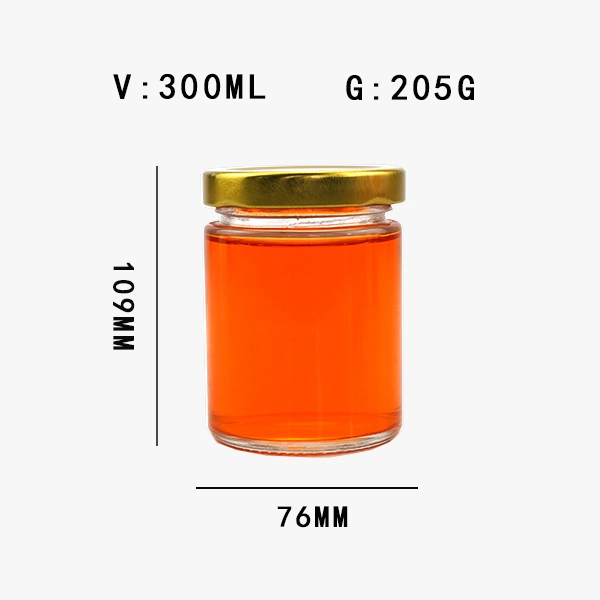
Part 1: Market Size and Growth
Saudi Arabia’s glass bottle industry has grown in line with the expansion of its beverage, food, and pharmaceutical sectors. The demand for bottled water, juices, sauces, and cosmetics packaging is driving steady growth. The Kingdom’s role as a regional trade hub also supports exports across the Middle East and North Africa.
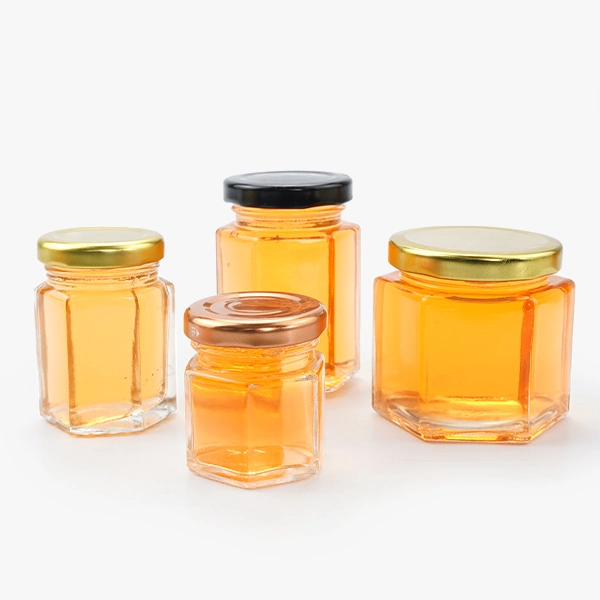
The beverage industry is a primary driver, especially bottled water and soft drinks, which are consumed widely in the region. Increasing interest in cosmetic and perfume bottles has also opened new opportunities for manufacturers.
Government investment through Saudi Vision 2030 supports industrial diversification. Recycling initiatives and modern production facilities are gaining attention, especially with the country’s focus on sustainability and reduced reliance on imports.
Part 2: Leading Companies
National Company for Glass Industries (Zoujaj)
The National Company for Glass Industries, known as Zoujaj, was founded in 1990 in Riyadh. It is one of the most established glass bottle producers in Saudi Arabia.
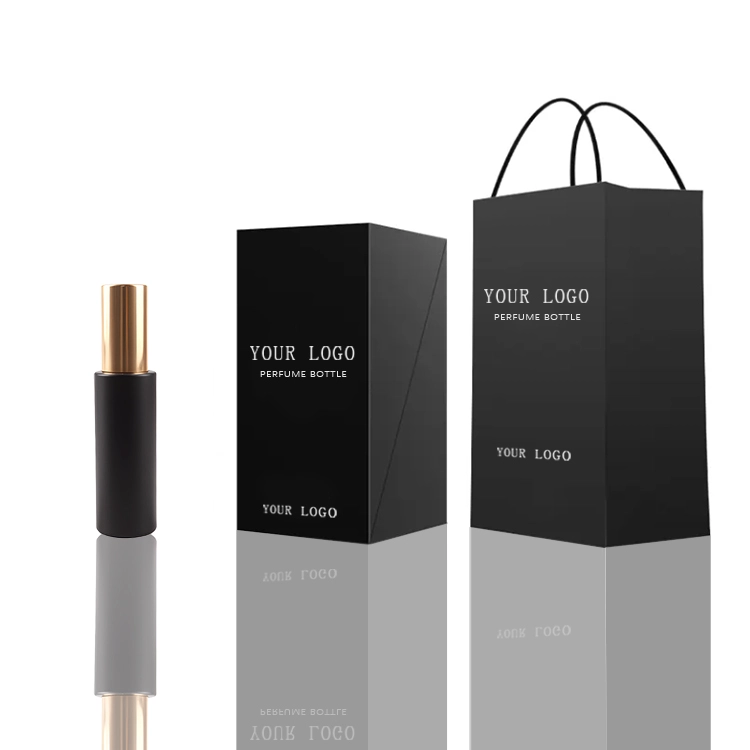
Zoujaj produces bottles for beverages, food products, and pharmaceuticals. It is known for high-volume production and durable bottles.
The company serves industries such as water bottling, soft drinks, sauces, and medicine. It focuses on quality and long-term partnerships and is certified with ISO standards for product reliability.
Saudi Arabian Glass Company (SAGCO)
SAGCO, founded in 1981 and based in Jeddah, is a leading glass container manufacturer in the Kingdom. It has strong export ties to the Gulf and African markets.
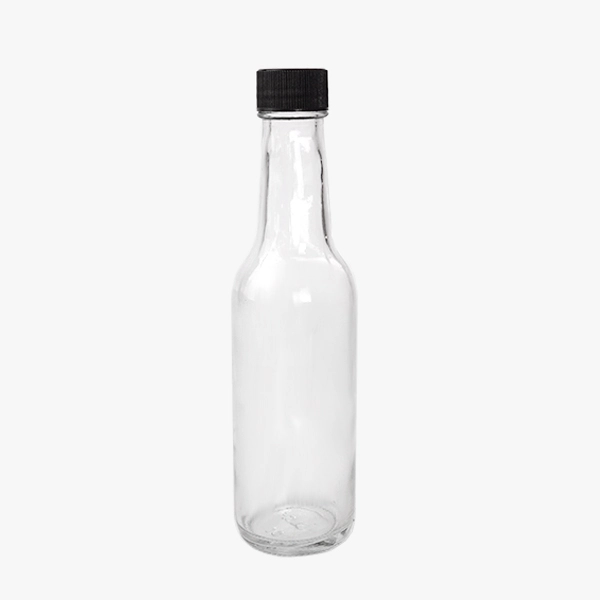
The company manufactures bottles for soft drinks, juices, perfumes, and food. It is recognized for its design flexibility and export capabilities.
SAGCO serves beverage companies, cosmetic brands, and food packaging industries. The company has won awards for its export achievements and holds environmental certifications.
Eastern Province Glass (EPG)
Eastern Province Glass, located in Dammam, specializes in glass bottles for beverages and industrial uses. It plays a key role in supplying both domestic and regional clients.
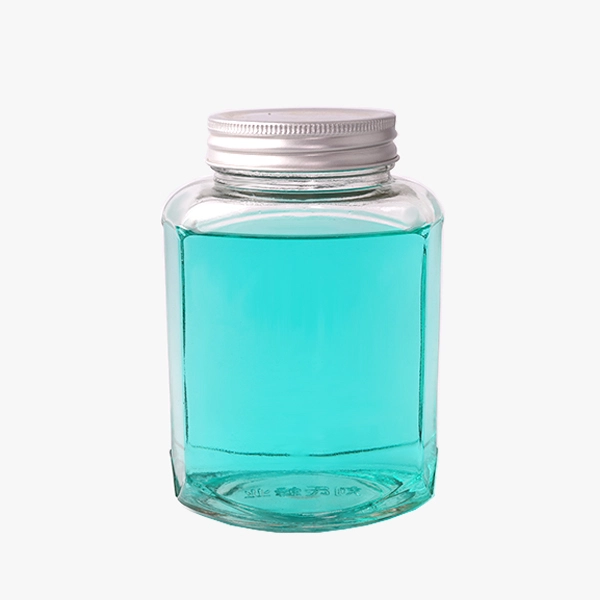
EPG produces bottles for water, beer (non-alcoholic malt drinks), and soft drinks. The company focuses on eco-friendly practices and recycling.
Its customers include major bottling companies in Saudi Arabia and the wider Gulf. The company holds quality certifications and has expanded production capacity in recent years.
| Company | Founded | Core Products | Industries | Certifications |
|---|---|---|---|---|
| Zoujaj | 1990 | Beverages, pharma | Soft drinks, medicine | ISO certifications |
| SAGCO | 1981 | Food, perfumes, soda | Beverages, cosmetics | Export awards, eco-cert |
| EPG | N/A | Soft drinks, water | Beverages, industrial | Quality & eco standards |
Part 3: Trade Shows and Industry Events
Saudi Print & Pack
Saudi Print & Pack is one of the largest exhibitions in the Kingdom for packaging, printing, and materials. Glass bottle manufacturers participate to showcase new packaging designs and sustainability efforts.
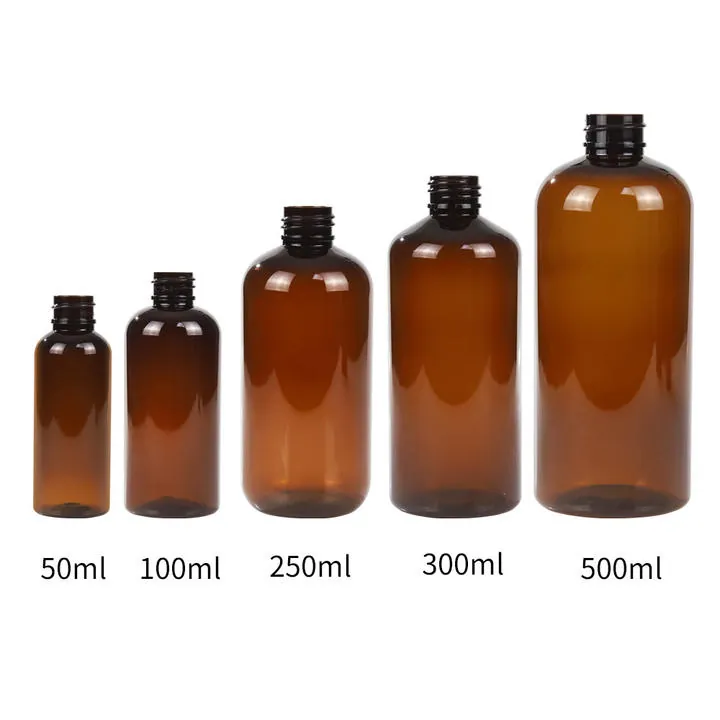
Held annually in Riyadh, the event gathers international and local packaging companies. Highlights include packaging machinery, eco-friendly solutions, and supplier networking. It is a major opportunity for glass companies to connect with beverage and cosmetic brands.
Saudi Food Expo
Saudi Food Expo focuses on the food and beverage industries, with packaging solutions playing a central role. Glass packaging for sauces, juices, and water bottles is often showcased.
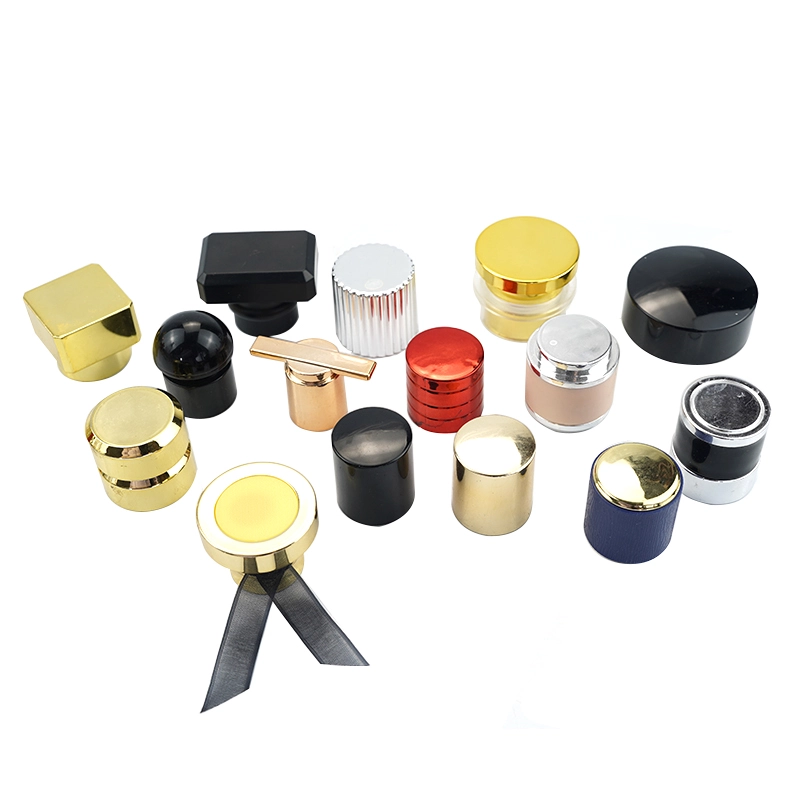
The event takes place yearly in Jeddah or Riyadh and attracts regional and international exhibitors. Highlights include food processing, packaging innovations, and export opportunities. Glass bottle manufacturers present their capabilities to global buyers.
| Event | Date | Location | Highlights |
|---|---|---|---|
| Saudi Print & Pack | Annual | Riyadh | Packaging machinery, eco-initiatives |
| Saudi Food Expo | Annual | Jeddah/Riyadh | Food packaging, beverage bottles |
Part 4: Impact of Global Trade Policies
Saudi Arabia’s glass industry is affected by global energy costs, raw material imports, and regional trade policies. High demand for bottled water and beverages ensures strong local consumption. At the same time, export opportunities to Gulf countries help expand the industry.
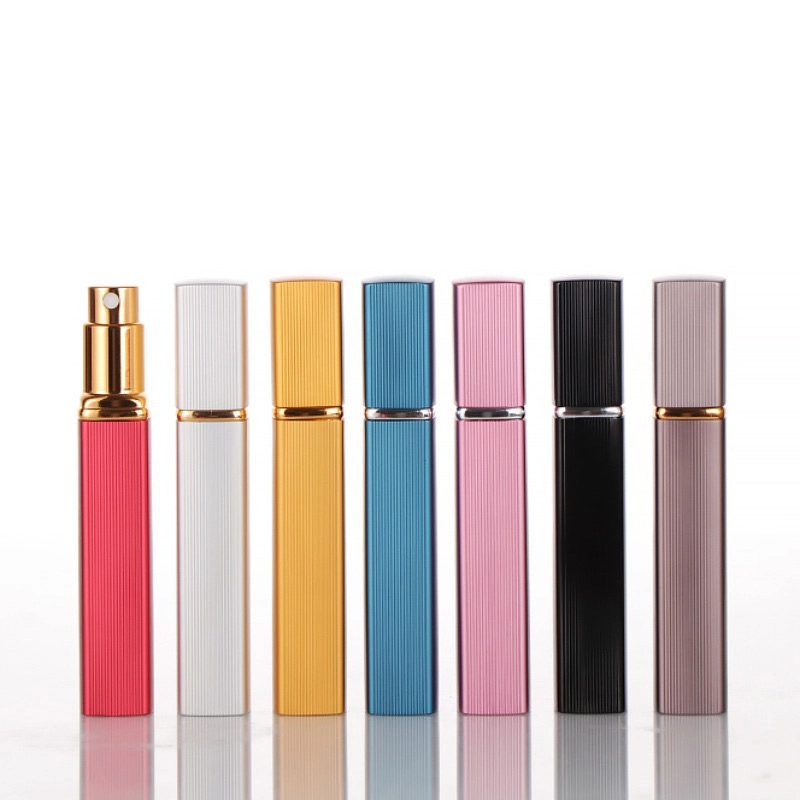
Global sustainability initiatives push Saudi companies to invest in recycling and energy-efficient furnaces. However, challenges remain in balancing production costs with environmental goals. The industry also faces competition from imported glass bottles, making local innovation critical.
Trade agreements within the GCC support regional exports. At the same time, global demand for premium packaging, especially perfumes and cosmetics, creates new opportunities for Saudi manufacturers.
Part 5: Conclusion
Saudi Arabia’s glass bottle industry is well established, with strong companies such as Zoujaj, SAGCO, and Eastern Province Glass. They supply key industries from beverages to cosmetics and pharmaceuticals. Local demand and regional exports ensure steady growth.
Challenges include energy costs, import competition, and recycling infrastructure. Future success will depend on sustainable practices, investment in technology, and stronger regional trade partnerships. With government support under Vision 2030, the sector has significant growth potential.
Recommended Reading:
Glass bottle manufacturers in Russia
Glass bottle manufacturers in Canada
Glass bottle manufacturers in Spain
Glass bottle manufacturers in Australia
Glass bottle manufacturers in Mexico
Glass bottle manufacturers in Indonesia
Glass bottle manufacturers in Turkey
Glass bottle manufacturers in Netherlands
250ml glass milk bottles
Glass milk bottles 500ml
170ml 200ml Glass Oil and Vinegar Dispenser
300ml 10oz Jam Jar with Lids

